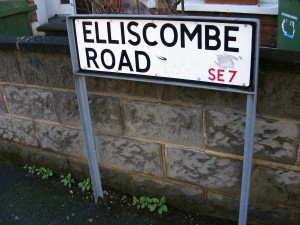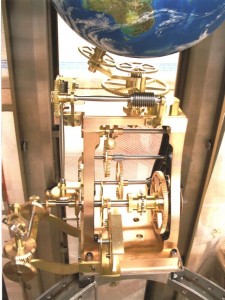SID LINES WORKSHOP PRACTICE – HINTS AND TIPS
Lots of useful tips, presented with great clarity!!
Pre-talk blurb read:
This month’s talk is “Hints and Tips” it will have an Engineering slant to it, but will be useful to people that make clocks or clock parts on a regular basis.
The talk starts with a couple of Sid’s favourite gripes, followed by a section on some useful tips on the uses of a
lathe and cutters.
The second section is practical tips on how to get the best from a small milling machine like setting the machine and vice correctly plus some useful tips on cutter alignment.
The last part of the talk covers compression and tension spring making , drills and their uses plus some other odd
things to help in the workshop like pin making and flattening of metals etc.
Regulars at the South London Branch will remember Sid as chairman of the Kent branch. His engineering knowledge combined with his straight talking style will make an interesting and informative talk. I am sure we all will learn
something.
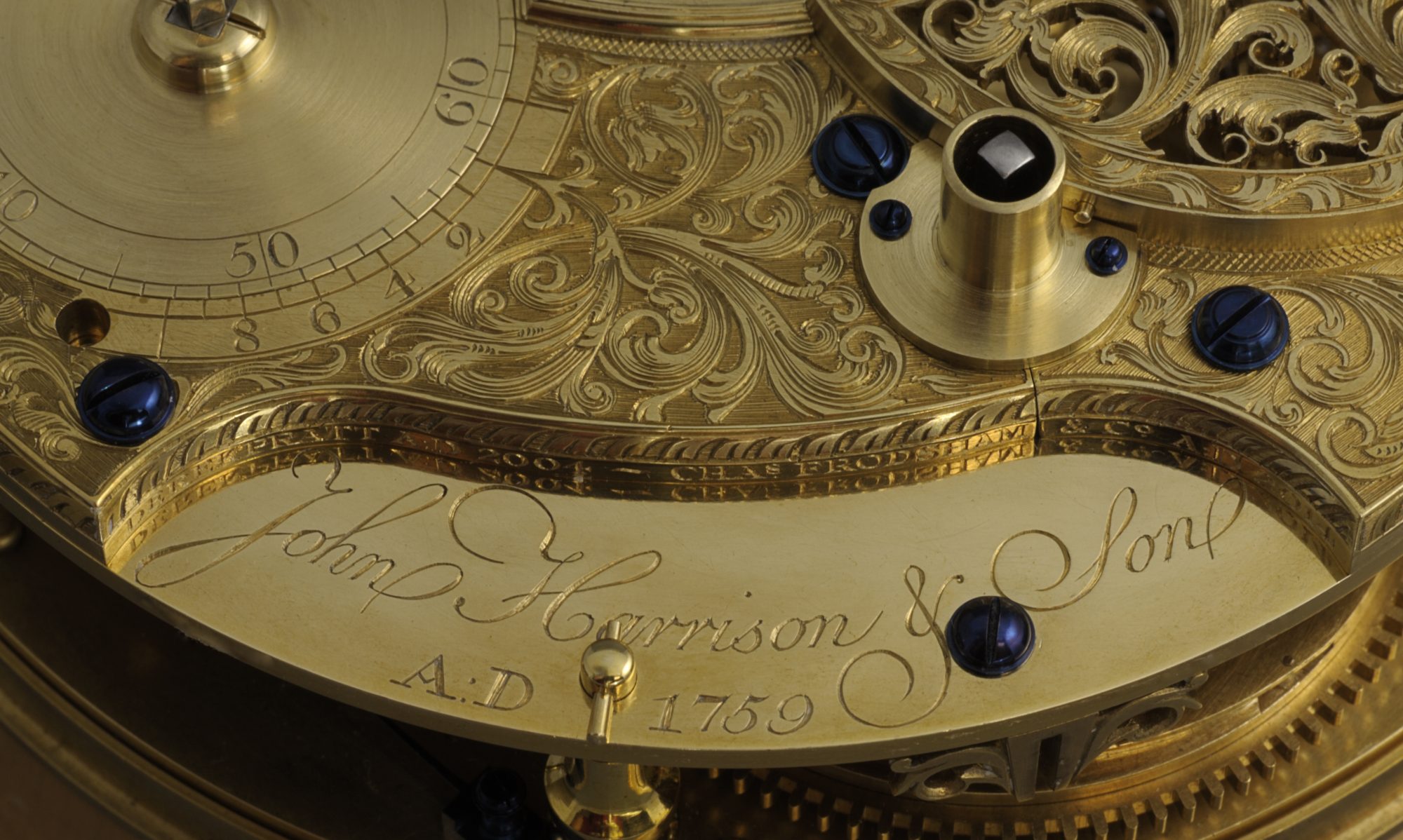
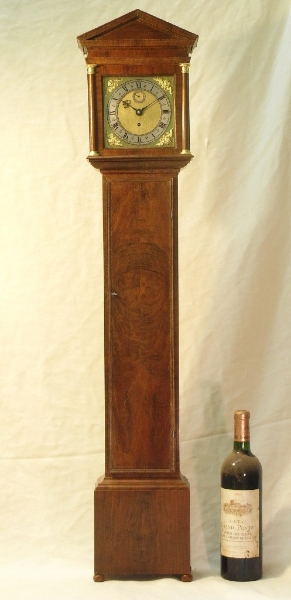
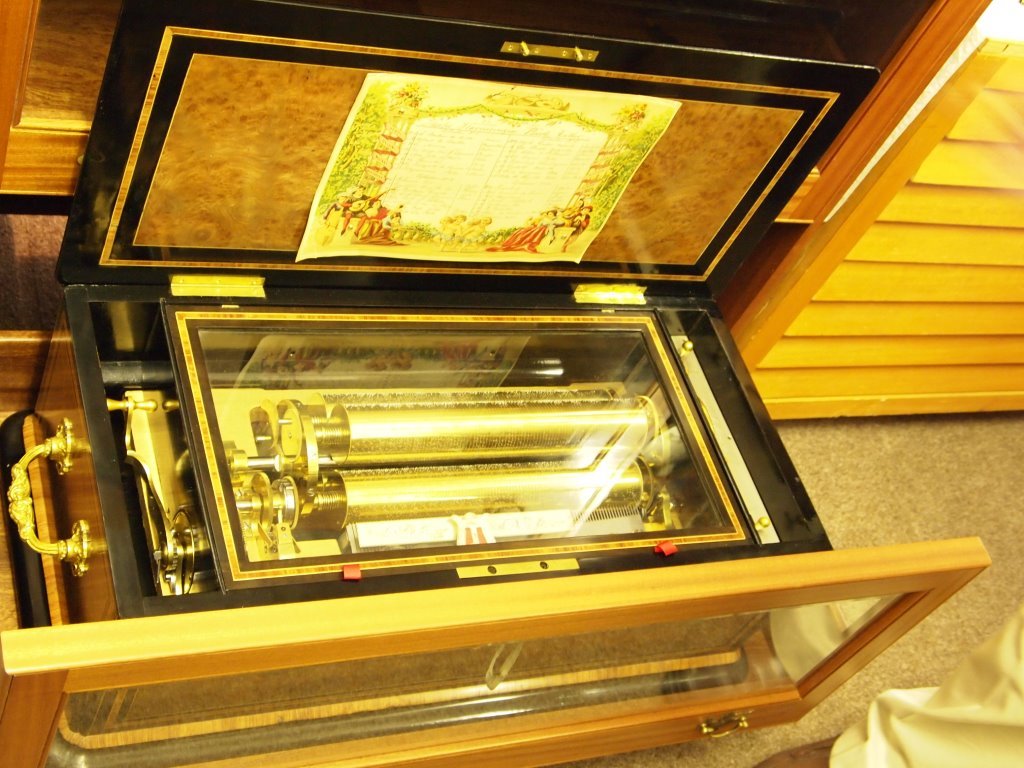
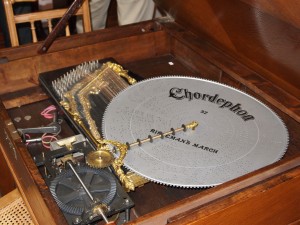 Following one of our visits last year, to a private collection of clocks music boxes and cars, Ted has offered to give us a guided tour of his collection at “The Victorian Music Room” later this year. Ted will discuss methods of restoration and repair and is happy to answer any technical questions we may have.
Following one of our visits last year, to a private collection of clocks music boxes and cars, Ted has offered to give us a guided tour of his collection at “The Victorian Music Room” later this year. Ted will discuss methods of restoration and repair and is happy to answer any technical questions we may have.

